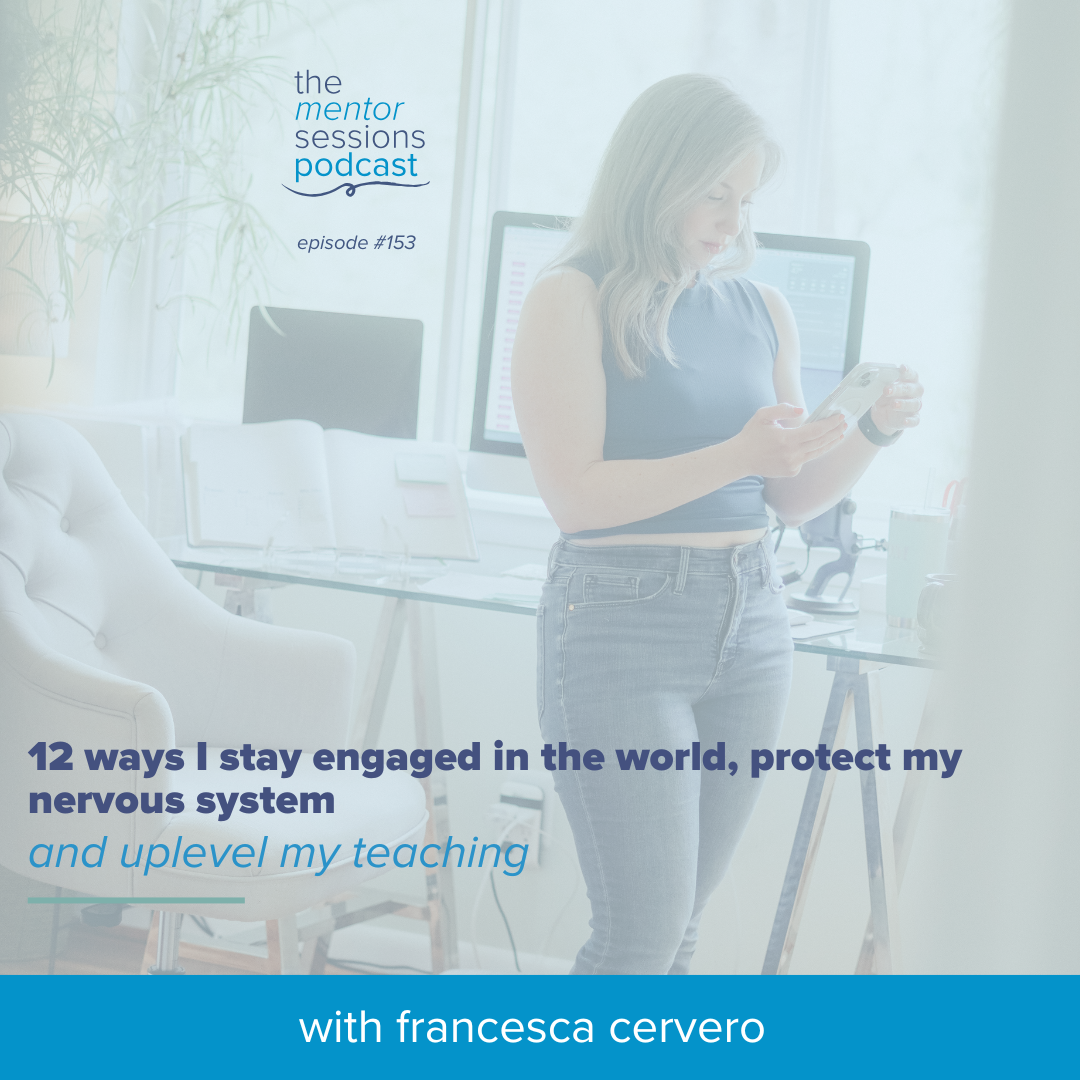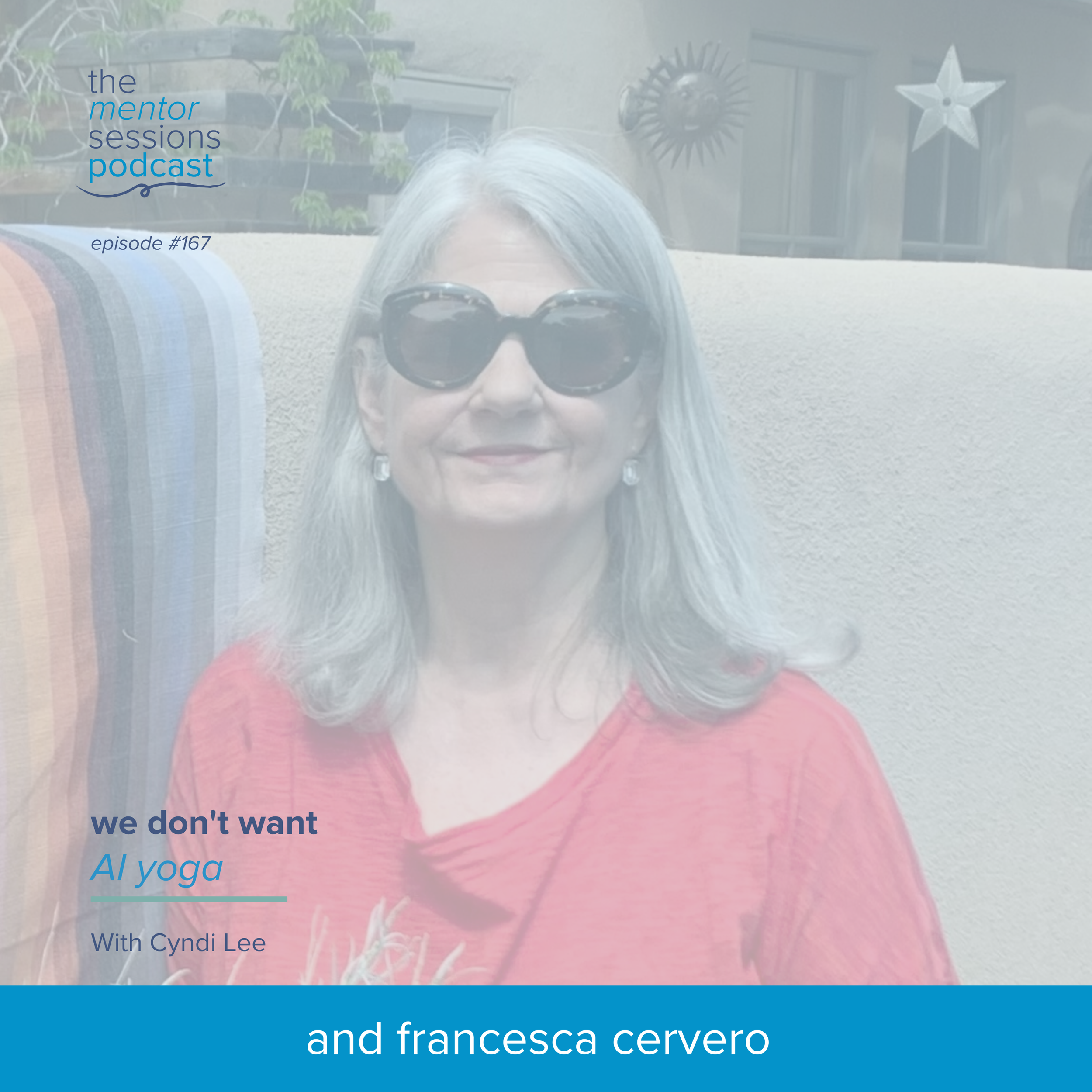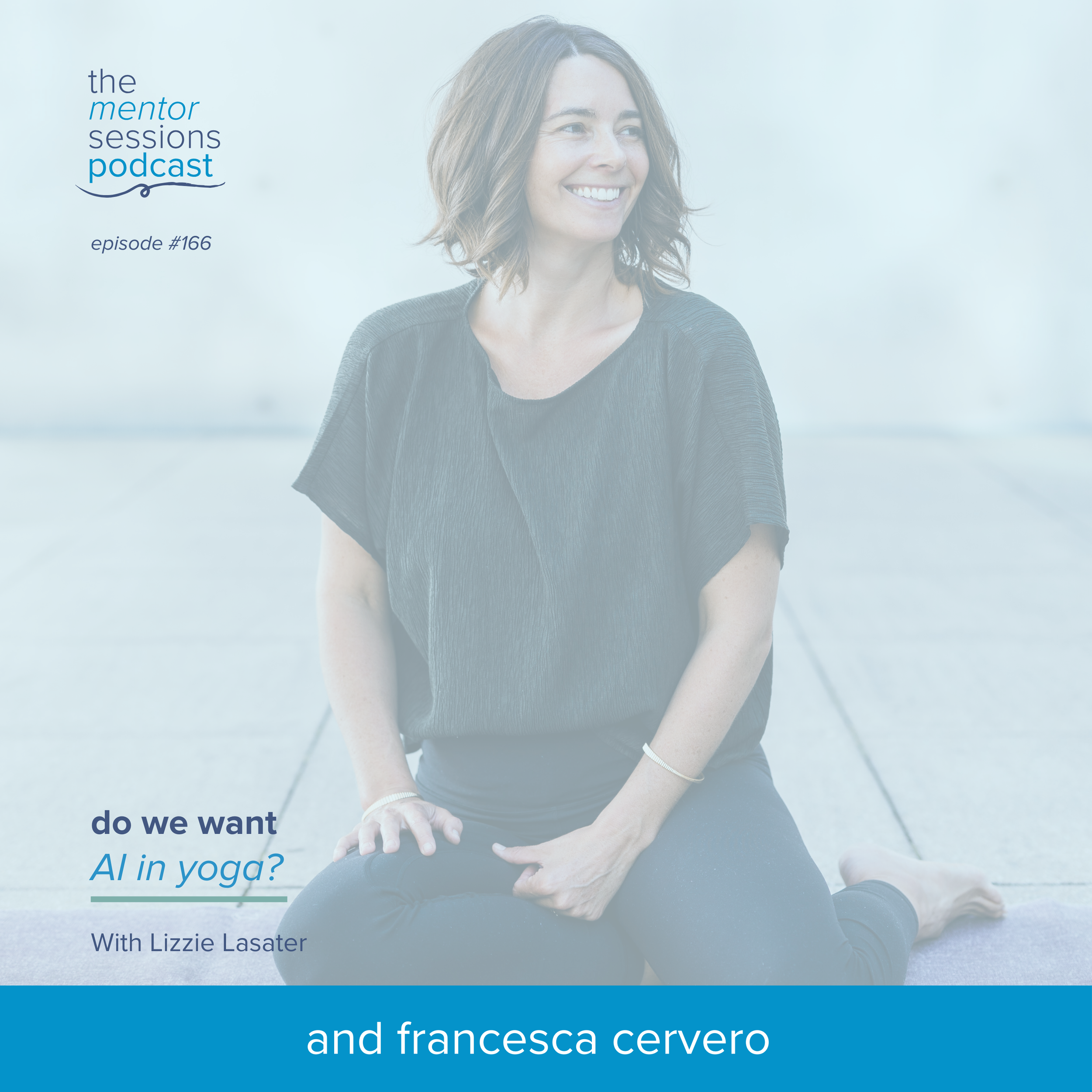153: 12 Ways I Stay Engaged In The World, Protect My Nervous System And Uplevel My Teaching
My understanding of the spiritual teachings is that my liberation doesn’t mean anything unless everyone else is free too. The teachings of Buddhism say over and over again that a huge part of our practice is about creating a world where the safety and freedom and happiness of all sentient beings is possible. So from that I take that being engaged in working for a better world is a necessary part of my spiritual practice.
This is a really dark timeline. The things the American government is doing are truly horrific. I want to stay out of the spiral of despair and overwhelm so that I can be engaged, focused, supportive and actually helpful.
Today we are taking a deep dive into the 12 things I do regularly to stay engaged without overloading my system, find ways to be helpful and let it all be part of my practice and teaching. Let’s dive in.
In this episode, you’ll hear:
4 suggestions for staying informed without mainlining the news, because no one’s nervous system is built for that
a soap box speech about social media and how I recommend you engage with it
the things I am doing to try and make both my small world and our wider community places better for everyone
4 things I do every day to keep my nervous system regulated
Resources Mentioned




American yoga teachers have a unique role in fighting fascism. We are deeply practiced in the tools that help us (and our students) feel clear, steady, focused, calm and resilient. And if you read the teachings the way I do, we have a powerful directive to engage in direct social action.
Lovingkindness meditation says, “May All Beings Be Safe And Free” and that is not just a nice idea, but a mandate to work for change. As you can plainly see with your eyes, all beings are not safe. But there is so much we can do! There is incredible work being done and all we have to do is plug into it.